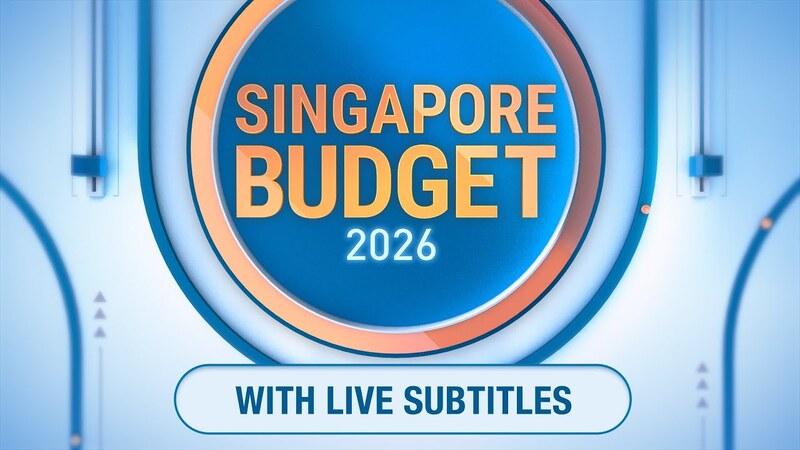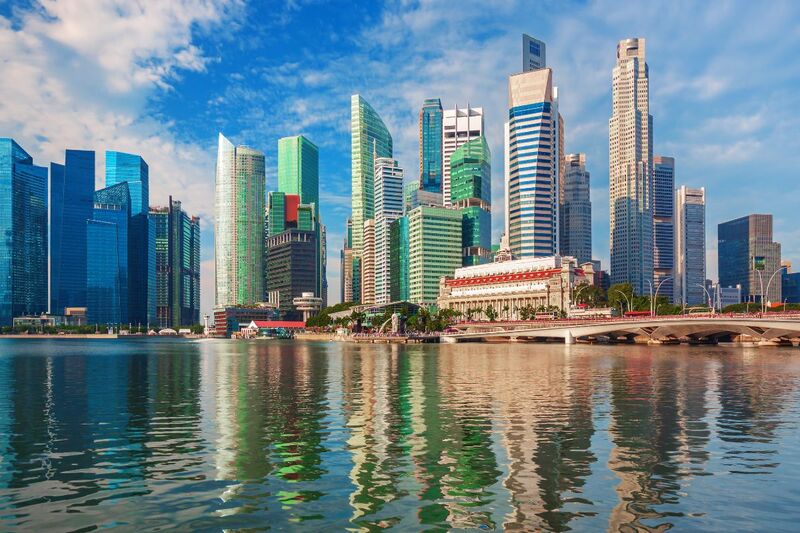Taking a closer look at the COMPASS Framework

More than 210,000 foreign workers left Singapore during the pandemic. The percentage of foreign workers currently stands around 26 per cent, a decline from 31 per cent in 2019. Many of them could not return to Singapore due to the hiking up of work pass qualifying criteria in 2020, raising the minimum qualifying salary for employment passes (EPs) from $3600 to $4500. EPs are for PMETs and the number of EP holders has been falling since 2019 by about 17 per cent. Work pass criteria are also set to tighten further to at least $5000 per month to obtain an EP from this September. EP applications will also be measured against the COMPASS framework in Sep 2023, a new points-based system where firm strategic economic priorities, diversity and support for local employment would be taken into account other than individual skills, salary and qualifications.
The COMPASS framework rationale
According to MOM, under the COMPASS framework, firms will be grouped into relevant sectors and subsectors based on their principal business activity as declared to ACRA. Some more varied sectors would be split into more granular subsectors to benchmark local PMET share.
With EP holders needing to earn more than average locals, it is no longer cheaper to hire EP holders over locals, addressing a long time gripe amongst Singaporeans where their salaries are being depressed due to cheaper foreign labour. The $5000 threshold will not affect very specialised or experienced executives earning five-figure salaries but will reduce the inflow of those willing to undercut Singaporean salaries, typically in back-office roles. These are exactly the kind of jobs fresh graduates and educated middle-class Singaporeans can easily fill. More experienced PMETs such as those in their 40s will need to be offered at least double the minimum qualifying salaries of at least $10,000 for most, benchmarking EP qualifying salaries to those drawn by the top 33 per cent of the local PMET workforce.
Is COMPASS the right way to increase Singapore’s competitiveness?
Singapore needs to stay relevant to compete against other economies in the region and the rest of the world. Not only should Singapore continue to attract international businesses, but Singapore is also starting to develop its own homegrown,high-flying companies. 15 out of 35 start-up unicorns in the region came from Singapore in 2021, including household names such as Lazada, Ninja Van and Carousell. The tightening of the foreign labour policies falls in line with this objective. Foreign firms are expected to hire locals as their first choice, create jobs and train them in the process. Expats who are better paid and better skilled should transfer important skills and experience to locals in the process of working with locals. The world is still welcome to do business in Singapore but should help to upskill and strengthen the local workforce rather than only focusing on improving their profit margins.
2022 is the best time for Singapore to implement such changes against the backdrop of zero-covid policies by Hongkong, and Sino-US tensions. Large financial institutions have plans to invest more in Singapore and relocate here. Despite teething issues in bringing expats to Singapore, the benefits of conducting business in Singapore still outweigh the inconveniences with heightened risks in other countries in the region.
COMPASS seems to be the framework that can build Singapore’s local workforce in time to come.
How is your company responding to the upcoming changes in the COMPASS framework?





